April
"The EU won’t become a defense alliance like NATO"
News
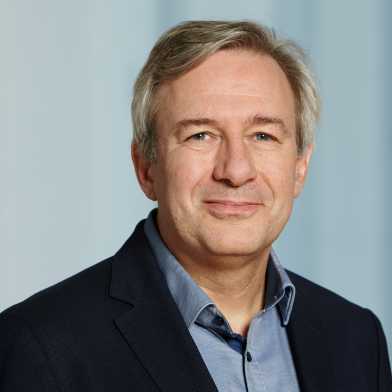
In an interview with ETH News, ETH Zurich Professor Frank Schimmelfennig analyses how the war in Ukraine is affecting the European Union and whether Ukraine is likely to be granted membership.
New earthquake assessments strengthen preparedness in Europe
News
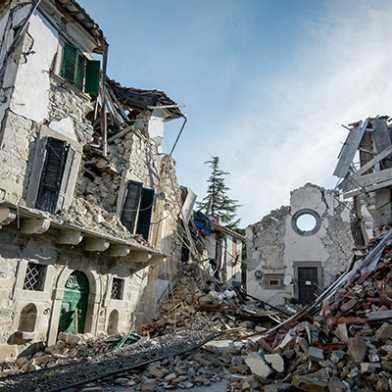
European scientists with the participation of the Swiss Seismological Service at ETH Zurich have published an updated earthquake hazard map and, for the first time, an earthquake risk map for Europe. Switzerland will follow suit next year with a higher resolution national risk map.
Spark Award for new biochemical method
News
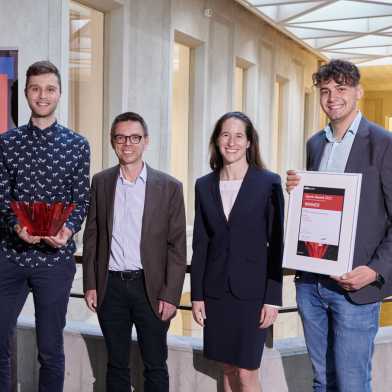
From diagnostics to treatment, the biochemical method developed by Daniel Richter, Edgars Lakis and Jörn Piel paves the way for a diverse range of applications in research and medicine. The researchers received the ETH Zurich Spark Award 2022 for their innovative solution.
A wooden dome made solely from waste
Globe magazine
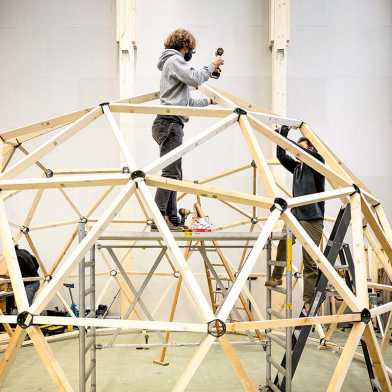
Catherine De Wolf firmly believes that digitalisation can help shift the construction industry towards a more circular economy. The assistant professor and her research group recently completed a hands-on project to illustrate how this could work.
Automated analysis of animal behaviour
News
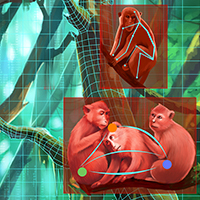
Researchers have developed a new method that uses artificial intelligence to analyse animal behaviour. This opens the door to longer-term in-depth studies in the field of behavioural science – while also helping to improve animal welfare. The method is already being tested at Zurich Zoo.
The social impact of disasters
- News
- Globe magazine
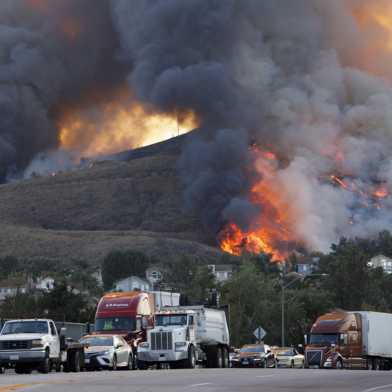
Human geographer Christine Eriksen and physicist David Bresch conduct research into weather and climate risks. Their methods may be different, but they agree that the scale of a disaster is often determined more by societal decisions than by the natural hazard itself.
We Are ETH podcast: Martin Dahinden
News

Switzerland's former ambassador to the US Martin Dahinden made many exciting encounters during his diplomatic career, and ETH Zurich played a key role throughout.
Environmental DNA reveals secret reef inhabitants
News
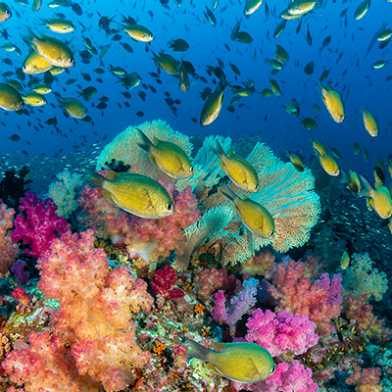
An international research team use a global sampling of seawater to reveal which tropical reef fish occur where. To identify species and families, they successfully used the residual DNA shed by the animals present in the water. But not all fish can be traced in this way.
Neural network can read tree heights from satellite images
News
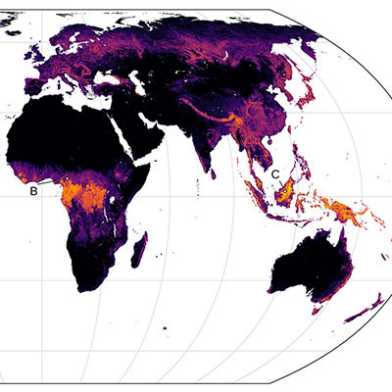
Using an artificial neural network, researchers at ETH Zurich have created the first high-resolution global vegetation height map for 2020 from satellite images. This map could provide key information for fighting climate change and species extinction, as well as for sustainable regional development planning.
Everyone should have to decide
Zukunftsblog
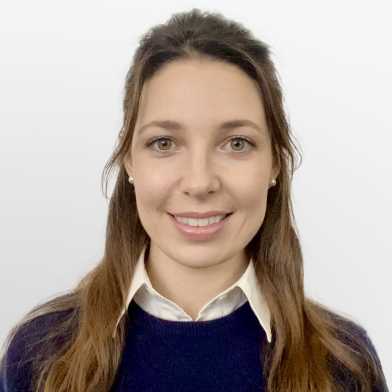
A presumed consent system for organ donation, which is to be put to the vote in Switzerland, would likely increase the organ donation rate, writes bioethicist Agata Ferretti. In her view, however, there is an even better solution: the obligation to decide.